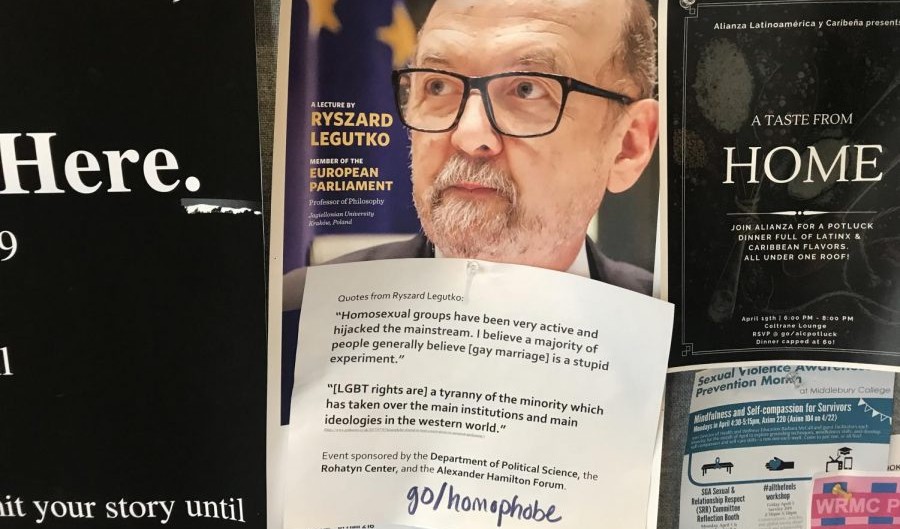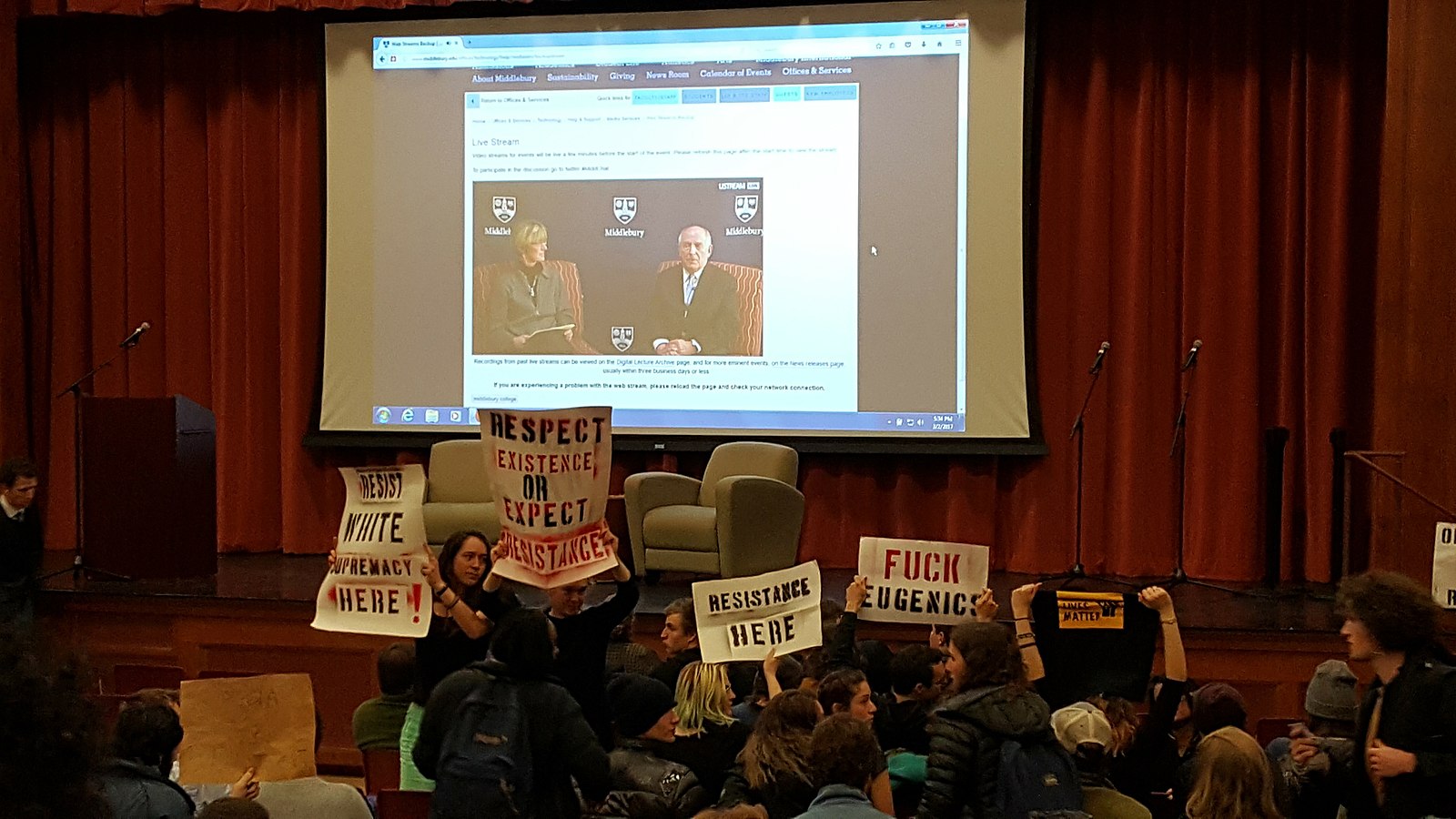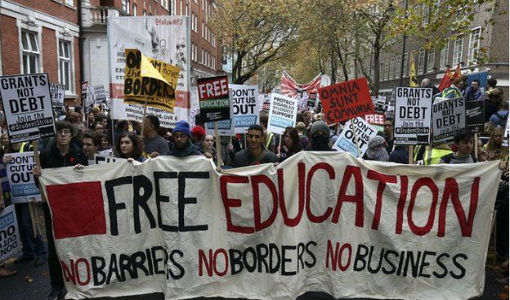Overview
Both public and private universities should demonstrate openness to a wide variety of academic and popular opinions, fostering a culture where reasoned debate is the norm. On most campuses, the authority to invite outside speakers is diffuse, shared by student groups, academic departments, and university programs—an approach that helps ensure exposure to a wide breadth of ideas. Still, student groups usually benefit from consultation with a faculty or staff adviser when it comes to inviting outside speakers.
See resources by role:
The Law
Public and private universities are held to different legal standards when setting regulations that implicate the rights of invited speakers. While public universities are beholden to principles of the First Amendment, they may impose some restrictions on the exercise of those rights by individuals on campuses, as long as those restrictions are reasonable and content-neutral, are in the interest of preventing significant disruption, and leave open other means of communication. Because private universities are not government entities, they are not required to uphold First Amendment protections in the same manner. However, most adhere to free speech principles and support academic freedom when it comes to invited speakers.
See The Basics in the law section
Our Principles
- Campuses, both public and private, should keep their platforms accessible to a wide variety of academic and popular opinions, while fostering a culture where speech and reasoned debate are seen as the best tools for confronting mistaken, wrongheaded or hateful ideas.
- A decentralized approach to campus speakers, where student groups, academic departments, classroom teachers and others are free to invite whom they wish to campus without having to receive prior administrative approval can help foster exposure to the widest breadth of ideas, although student groups will usually benefit from consultation with a faculty adviser.
- When an invited speaker is likely to be controversial, those issuing the invitation should consider whether outreach to other stakeholders, facilitating counter-speech or other measures are appropriate to ensure that the speech is aired without negative repercussions.
- Once a body has decided to extend an invitation to a campus speaker, the decision by administrators to override that choice and rescind the invitation should be made only in the rarest of circumstances.
- Except in the most extreme cases, concerns over threats of violence or the potential outbreak of violence should not be grounds for withdrawing an invitation or canceling a controversial speech or event.
- That a campus event may meet with protests should not be considered a reason to suspend it.
- Wherever possible, campuses should not allow security costs to be grounds for withdrawing a speaking invitation, recognizing that such costs are unavoidably linked to the anticipated reaction to the content of speech and are thus viewpoint specific.
- If security costs for campus events are borne by inviting organizations or speakers themselves, they must be apportioned based on content and viewpoint neutral policies.
- When a speaking invitation sparks protests, those who object and wish to protest should have an opportunity to make themselves heard.
- Protesters should not be permitted to shut down, shout down, or obstruct speech, preventing others from hearing the speaker.
- Some speakers invited to campus fall into the category of professional provocateurs, whose primary aim is to shock, offend, and build their own notoriety when they are silenced or censored. While there is no obligation to invite such speakers, when invitations are made through proper, authorized campus channels such speakers should be permitted to speak.
- When a university provides a platform to a figure who contradicts its values, leaders should strenuously and unequivocally affirm their values, explaining their position in considerable detail, while still permitting the speaker to speak.


